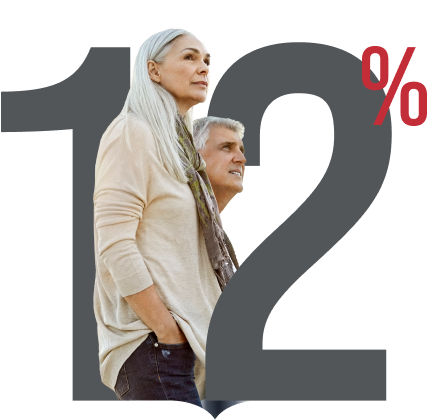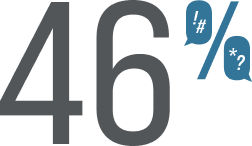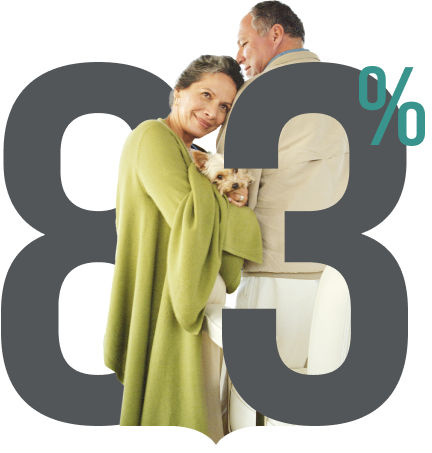EVERYDAY WEALTH IN AMERICA 2022 REPORT
What does it mean to be “wealthy”? The definition depends on many variables - from the concerns we have about the world around us, to the influences of our own relationships and values. At 91ÂŰĚł Engines, we have explored this intersection of life and money with the goal of better understanding what drives people's financial beliefs and behaviors.
Want moreĚýEveryday WealthĚýinsights? Download this research brief on love, money and the value of communication.
PERCEPTION OF WEALTH
FEW PEOPLE FEEL WEALTHY AND FINANCIALLY SECURE TODAY

OF TOTAL RESPONDENTS AND 29% OF MILLIONAIRES FEEL WEALTHY
How much in the bank to feel secure?
$1M -Ěý57% of Americans
$3M -Ěý53% of Americans
$5M -Ěý33% of the Affluent
WEALTH & EMOTION
INFLATION IS CAUSING WORRY AND AFFECTING SPENDING BEHAVIOR

Ěý
HAVE HAD TO ADJUST TO RISING PRICES AND IMPACTED PORTFOLIOS
49%ĚýĚýBuying fewer things for themselves
46%ĚýĚýLess on recreation and entertainment
42%ĚýĚýReduced spending on food
COMMUNICATION
COUPLES STILL ARGUE ABOUT MONEY, BUT MANY WANT A MORE OPEN DIALOGUE

Ěý
OF ALL RESPONDENTS ADMITTED THAT THEY FOUGHT WITH THEIR PARTNERS ABOUT MONEY
27%ĚýĚýHave also fought about money with other family members
38%ĚýĚýWished they talked more about financial matters with their partner
PROFESSIONAL GUIDANCE
WORKING WITH A FINANCIAL PROFESSIONAL CAN HELP EASE THE EMOTIONAL BURDEN

WHO WORK WITH A FINANCIAL ADVISOR WERE LESS STRESSED
70%Ěý Believed their advisors help them address difficult and emotional money topics
GO DEEPER WITH THE REPORT
Explore additional insights fromĚýEveryday Wealth in America 2022: The Intersection of Life and Money.
Media Contact:ĚýPRTeam@EdelmanFinancialEngines.com
TheĚýEveryday Wealth in AmericaĚýresearch was conducted for 91ÂŰĚł Engines by Greenwald Research. Information was gathered through an online survey of 2,011 Americans who were at least 30 years old, from Aug. 30 to Sept. 7, 2022. The total sample included an oversample of 1,003 “affluent” respondents between the ages of 45-70, with household assets between $500K-$3M, and currently working with a financial professional or open to doing so. Data was weighted to correct for the affluent oversample and was also weighted by household assets, age, gender, race, and education to reflect the broader national population. If randomly conducted, the survey would have a margin of error (at the 95% confidence level) of plus or minus 2 percentage points.